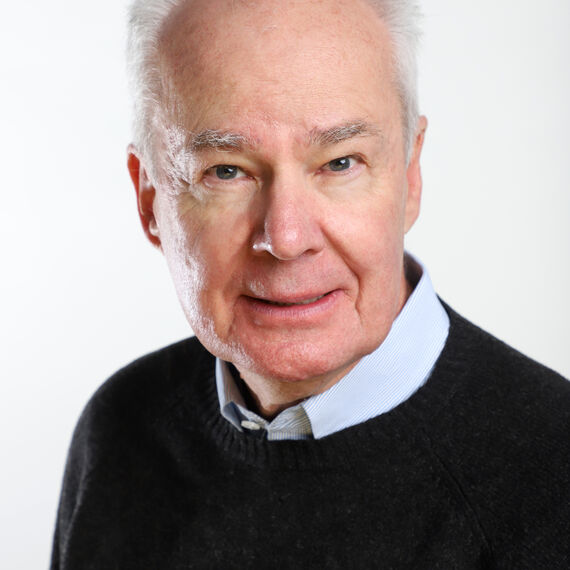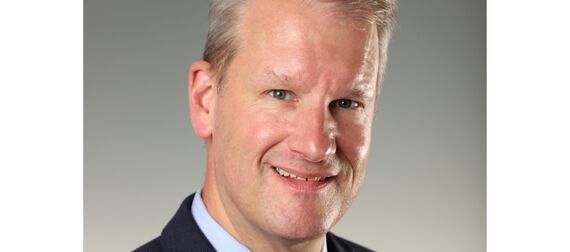Framing the Future of The Roundhouse
This Event Has Passed
Thursday, March 9, 2023
10:00 AM - 11:30 AM
Missed it? Watch it HERE.
Previous DAG Monthly Events

Making Reparations: How can we come together to preserve history and ensure that every Philadelphian has a home?

Frank Furness: Seven Ideas about Architecture

Calder Gardens

Andy Toy

Andrew (Andy) Toy is the Policy Director for the Philadelphia Association of Community Development Corporations (PACDC) whose mission is working with CDCs to create an equitable city where every Philadelphian lives, works, and thrives in a neighborhood that offers an excellent quality of life. Andy previously served as the Community Development and Communications Director for SEAMAAC (Southeast Asian Mutual Assistance Associations Coalition), whose mission is “to support and serve immigrants and refugees and other politically, socially and economically marginalized communities as they seek to advance the condition of their lives in the United States”. Andy successfully led the Conceptual Plan effort for Mifflin Square Park moving towards implementing a $4.2 million improvement. Andy and his team also managed the SoPhiE (South Philly East) Food Truck immigrant chef incubator which engages and connects community through food and culture.
Before, Andy was the Managing Director of the Chinatown Community Center Crane project, a $77 Million mixed-use community development. Andy is recognized as a thought leader and innovator when it comes to community and economic development, building a model Commercial Corridor Initiative at the Local Initiatives Support Corporation, supporting mainly minority businesses as Director of the Retail Resource Network at The Enterprise Center and before that building Philadelphia’s Brownfields Program bringing in millions of dollars of new investment.
Andy is currently on the Boards of The Merchants Fund, and the Union Benevolent Foundation as well as a part of AAPIP Philadelphia and the Mayor’s Commission on Asian Pacific American Affairs. Andy is a founder of the Philadelphia Public School Giving Circle and United Voices for Philadelphia and was an appointee on the Philadelphia Zoning Code Commission. In 2006 Andy was selected as one of the top 101 Connectors in Philadelphia.
Andy holds a B.A. in Economics and a Master’s Degree in Public and Urban Policy, both from the University of Pennsylvania. In his spare time he likes to listen to and create music, watch the Eagles win, and eat and cook a variety of cuisines.
Paul Steinke

Paul Steinke serves as executive director of the Preservation Alliance for Greater Philadelphia, a membership-based organization whose mission is to promote the appreciation, adaptive re-use and development of the Philadelphia region’s historic buildings, communities and landscapes. He started in this role in June 2016 after serving on the organization’s board of directors for many years.
Paul ran for Philadelphia City Council in the May 2015 Democratic primary. Although he was not elected, Paul received endorsements from the Philadelphia Inquirer, Daily News, Philadelphia Tribune and former Pennsylvania governor Edward G. Rendell, and was recommended by the Greater Philadelphia Chamber of Commerce.
Prior to his run for public office, Paul served as general manager of the Reading Terminal Market for 13 years, where he oversaw numerous improvements in the facility and tenant mix. In 2014, the market was recognized by the American Planning Association as one of the Great Places in America.
Earlier in his career, Paul served for four years as the founding Executive Director of University City District, a neighborhood improvement organization that has been central to the revitalization of West Philadelphia. Before that, Paul was a founding staff member of the Center City District, Philadelphia’s downtown improvement agency, where he spent seven years as its Finance Director.
A lifelong Philadelphian, Paul holds a bachelor’s degree in Business Administration and Economics from Pennsylvania State University and an MBA from Drexel University. Paul serves as board treasurer of The Fund for the Water Works and serves on the board of directors of the Greater Philadelphia Cultural Alliance, National Preservation Partners Network, Temple University Libraries, and the City & State PA advisory board. He lives in University City with his husband and partner of 27 years, David Ade, an architect with a practice based in Philadelphia.
Ian Litwin, Project Manager, Framing the Future of the Roundhouse

Ian Litwin is the Central District Community Planner in the Art and Design Division of the Philadelphia City Planning Commission. His work guides change and adaptation in Philadelphia’s urban core through human-centered urban design and creative placemaking. In addition to working for the City of Philadelphia, Ian has experience as a planner and urban designer for both large and small private sector planning and architecture firms. Ian received a Master of City and Regional Planning from the Edward J. Bloustein School of Planning and Public Policy at Rutgers University.
As a resident of Philadelphia for over 15 years, I take inspiration from the city’s diverse culture and history. When not at work, I enjoy eating my way through Philadelphia's many neighborhoods with my wife April, going to concerts with my friends, and riding the rails with my son Max.